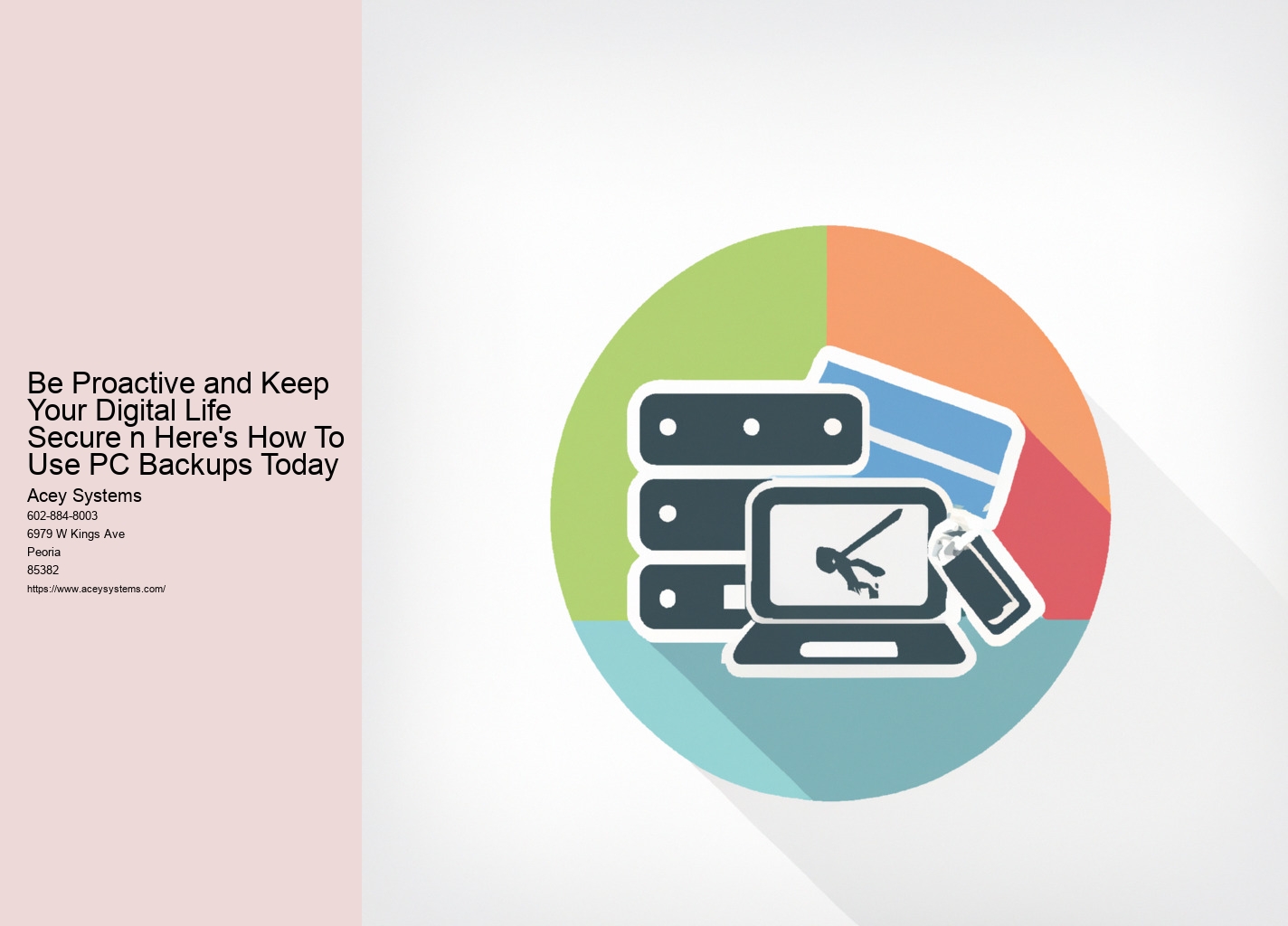In today's digital age, the adage 'prevention is better than cure' holds true when it comes to securing our valuable digital assets. computer services . With the increasing risk of data loss or cyberattacks, it is crucial to implement effective PC backup strategies.
This article aims to provide a thorough and technical analysis of the importance of regular backups, along with practical tips to ensure the security and accessibility of your backed-up files.
By being proactive and utilizing PC backups, you can safeguard your digital life with confidence.
The Importance of Regular PC Backups
Regular PC backups are essential for maintaining the security and integrity of your digital files and data. In today's digital age, where information is stored electronically, the risk of data loss due to hardware failure, malware attacks, or accidental deletion is ever-present.
By implementing regular PC backups, you can safeguard your valuable data and ensure its availability when needed. Backing up your files on a regular basis enables you to recover data in the event of a system failure or data corruption, minimizing downtime and productivity loss. It also provides an effective defense against ransomware attacks, as you can restore your files from a backup instead of paying a ransom.
Moreover, regular backups offer peace of mind, knowing that your important files are protected and can be easily restored in case of any unforeseen circumstances. By prioritizing regular PC backups, you can effectively serve others by safeguarding their valuable data and ensuring its availability whenever needed.
Effective Strategies for PC Backup Implementation
Implementing an effective PC backup strategy is crucial for ensuring the security and integrity of your digital files. To achieve this, consider the following strategies:
Automated backups: Set up scheduled backups to run automatically at regular intervals. This reduces the risk of forgetting to back up important files.
Offsite backups: Store backups in a separate location, such as cloud storage or an external hard drive. This protects your data from physical damage or loss due to theft or disasters.
Versioning: Use backup solutions that offer versioning capabilities. This allows you to recover previous versions of files, in case of accidental deletion or modification.
Testing and verification: Regularly test your backups by restoring files to ensure they are intact and usable. Verification ensures that your backups are reliable when you need them the most.
Tips to Ensure the Security and Accessibility of Your Backed-up Files
To maximize the security and accessibility of your backed-up files, it is important to follow these essential tips.
First and foremost, encryption is key. Encrypting your files ensures that even if they fall into the wrong hands, they will be unreadable without the decryption key.
Additionally, consider using strong and unique passwords for your backup files, as weak passwords can easily be cracked.
It is also recommended to store your backups in multiple locations to protect against physical damage or theft. Cloud storage services can be a convenient option, but make sure to choose a reputable provider that offers strong security measures.
Regularly test the accessibility of your backed-up files to ensure they can be easily restored when needed.
Lastly, keep your backup software and systems up to date to benefit from the latest security patches and enhancements.
